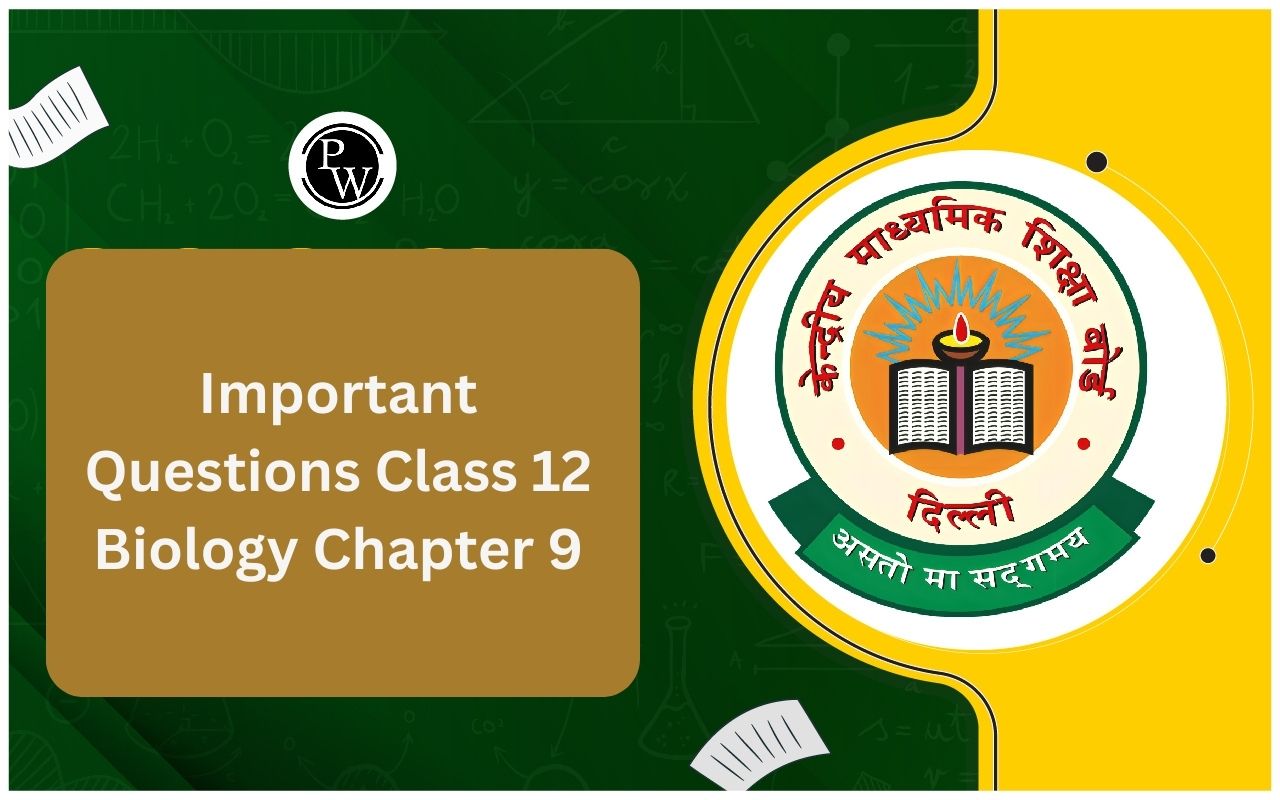
A heart attack , also known as a myocardial infarction, is a medical emergency in which the blood supply to a part of the heart is blocked, usually by a build-up of fatty deposits within the coronary arteries.
This causes damage to the heart muscle, leading to chest pain, shortness of breath, and, in severe cases, heart failure. Heart attacks are a leading cause of death globally and can occur at any age, although they are most common in older people. It is important to be aware of the common symptoms of a heart attack, as early recognition and treatment can be lifesaving.What is Heart Attack:
- A muscular organ, the heart pumps blood throughout the body. To function properly, it needs a constant flow of oxygen and nutrients.
- The coronary arteries supply the heart muscle with blood, but when these arteries become narrowed or blocked by a buildup of plaque, blood flow to the heart can be reduced or cut off entirely.
- When blood flow to the heart is blocked, the heart muscle can become damaged or die, leading to a heart attack.
Glyolysis and Glycolytic Pathway
Cause of Heart Attack
- The primary cause of a heart attack is plaque buildup in the coronary arteries, which supply the heart muscle with blood.
- Plaque is a combination of fatty deposits, cholesterol, and other substances that builds up inside the walls of the arteries over time. This buildup is called atherosclerosis, and it causes the arteries to become narrowed or blocked, reducing or cutting off blood flow to the heart.
- If the plaque ruptures, it causes a blood clot to form, which further blocks the artery and causes a heart attack.
- Smoking : Smoking damage the lining of the arteries and increases the risk of plaque buildup.
- High blood pressure: High blood pressure causes the arteries to become stiff and narrow, making it more difficult for blood to flow through.
- High cholesterol : High cholesterol levels in the blood can contribute to plaque buildup in the arteries.
- Diabetes : People with diabetes are at an increased risk of developing plaque in the arteries, as high blood sugar levels can damage the blood vessels.
- Family history of heart disease : If close relatives have had heart disease, the risk of developing it is higher.
- Obesity : Excess weight lead to high blood pressure, high cholesterol, and diabetes, all of which increase the risk of heart disease.
- Lack of physical activity : A sedentary lifestyle contributes to the development of heart disease.
Types of Heart Attack
There are two main types of heart attack, ST-elevation myocardial infarction (STEMI) and non-ST-elevation myocardial infarction (NSTEMI) .ST-elevation myocardial infarction (STEMI):
- This is the most lethal type of heart attack. It occurs when a complete blockage in the coronary artery causes a large portion of the heart muscle to be damaged or die.
- The ST segment on an electrocardiogram (ECG) is elevated, indicating a complete blockage.
Non-ST-elevation myocardial infarction (NSTEMI):
- This type of heart attack occurs when a partial blockage in the coronary artery restricts blood flow to the heart, causing damage to the heart muscle.
- The ST segment on an ECG may or may not be elevated, depending on the severity of the blockage.
Genetically Modified Organisms Ethical Issues
Symptoms of Heart Attack
The most common symptoms include- Chest pain or discomfort: This is the most common symptom of a heart attack, and is usually felt as a tight, heavy, or crushing pain in the centre of the chest. It can also be felt in the arms, neck, jaw, back, or stomach.
- Shortness of breath : This can be accompanied by chest pain or discomfort, even before chest pain is felt.
- Nausea and vomiting: These symptoms can be caused by releasing stress hormones during a heart attack.
- Lightheadedness or dizziness : These symptoms can be a sign of low blood pressure, which can occur during a heart attack.
- Fatigue : This can occur before, during, or after a heart attack and may last several days.
Prevention and Cure
Several steps need to take to reduce the risk of having a heart attack. These include:- Eating a healthy diet : This means eating plenty of fruits, vegetables, whole grains, and lean protein and avoiding processed and high-fat foods.
- Exercising regularly: Regular physical activity, such as brisk walking or cycling, can help to improve your heart health.
- Quitting smoking: Smoking is a major cause of heart disease, so quitting smoking is important in reducing your risk of a heart attack.
- Managing stress : Chronic stress can increase your risk of heart attack, so finding ways to manage stress, such as relaxation techniques or exercise, can be beneficial.
- Controlling high blood pressure : High blood pressure is a major risk factor for heart disease, so it is important to check your blood pressure regularly and work with your doctor to manage it if it is high.
- Medications : These may include aspirin, which can help to prevent blood clots, and nitrates, which can help to open up blood vessels and improve blood flow to the heart.
- Angioplasty : This is a procedure in which a small balloon is inflated in a blocked coronary artery to open up the blood vessel and restore blood.
Question: What is a heart attack?
Answer: A heart attack, also known as a myocardial infarction, is a medical emergency in which the blood supply to a part of the heart is blocked.
Question: Who is at risk for a heart attack?
Answer: People with high blood pressure, high cholesterol, diabetes, are overweight, smoke, have a family history of heart disease, or are older than 65 are at increased risk for a heart attack. However, heart attacks can also occur in people without known risk factors.
Question: Can stress cause a heart attack?
Answer: Yes, stress can contribute to developing a heart attack. Stress hormones can increase heart rate and blood pressure, which can cause damage to the heart and lead to a heart attack. Managing stress through exercise, meditation, or talking to a therapist can help reduce the risk.
Question: How can I prevent a heart attack?
Answer: There are several steps to take to reduce the risk of having a heart attack, including eating a healthy diet, exercising regularly, quitting smoking, managing stress, and controlling high blood pressure.
Question: What is the treatment for a heart attack?
Answer: The goal of treatment for a heart attack is to restore blood flow to the heart as quickly as possible. This involves a combination of medications, such as aspirin and nitrates, and procedures, such as angioplasty or bypass surgery.
Talk to a counsellorHave doubts? Our support team will be happy to assist you!

Free Learning Resources
PW Books
Notes (Class 10-12)
PW Study Materials
Notes (Class 6-9)
Ncert Solutions
Govt Exams
Class 6th to 12th Online Courses
Govt Job Exams Courses
UPSC Coaching
Defence Exam Coaching
Gate Exam Coaching
Other Exams
Know about Physics Wallah
Physics Wallah is an Indian edtech platform that provides accessible & comprehensive learning experiences to students from Class 6th to postgraduate level. We also provide extensive NCERT solutions, sample paper, NEET, JEE Mains, BITSAT previous year papers & more such resources to students. Physics Wallah also caters to over 3.5 million registered students and over 78 lakh+ Youtube subscribers with 4.8 rating on its app.
We Stand Out because
We provide students with intensive courses with India’s qualified & experienced faculties & mentors. PW strives to make the learning experience comprehensive and accessible for students of all sections of society. We believe in empowering every single student who couldn't dream of a good career in engineering and medical field earlier.
Our Key Focus Areas
Physics Wallah's main focus is to make the learning experience as economical as possible for all students. With our affordable courses like Lakshya, Udaan and Arjuna and many others, we have been able to provide a platform for lakhs of aspirants. From providing Chemistry, Maths, Physics formula to giving e-books of eminent authors like RD Sharma, RS Aggarwal and Lakhmir Singh, PW focuses on every single student's need for preparation.
What Makes Us Different
Physics Wallah strives to develop a comprehensive pedagogical structure for students, where they get a state-of-the-art learning experience with study material and resources. Apart from catering students preparing for JEE Mains and NEET, PW also provides study material for each state board like Uttar Pradesh, Bihar, and others
Copyright © 2026 Physicswallah Limited All rights reserved.









